A few months ago, APES students at Dowling began an extensive unit on waste management, toxic substances, and air and water pollution. The unit centered on dealing with all the waste created and collected by humans on earth, outlining prevention and reduction strategies. As part of the lesson, students forged their own Integrated Waste Management plans for the place we all know and love: Dowling Catholic.
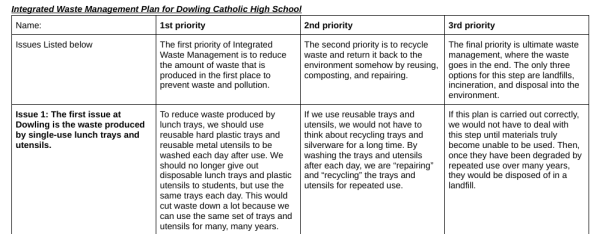
The assignment entailed writing out a detailed plan for managing waste produced at lunch. Most students had about the same idea: bring back reusable lunch trays and utensils. Dowling succeeded in doing this in the past. Most students can recall the times of scraping off trays into the trash before walking them up to the counter, dumping forks into bins of water, and stacking lunch trays up to be cleaned and reused the next day.
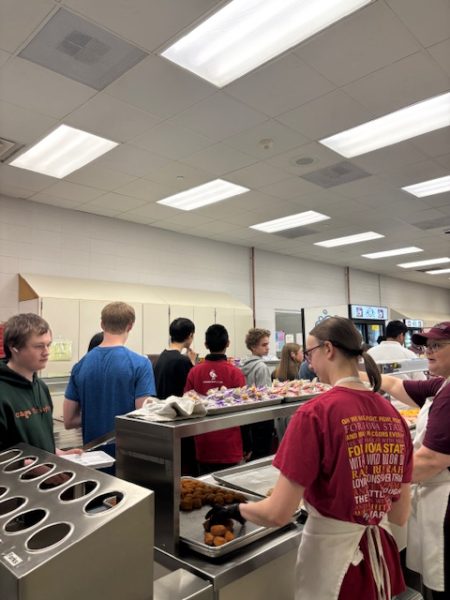
For a while now, however, Dowling has reverted to disposable trays and utensils. Hundreds of students each day file through the lunch line, each picking up a cardboard tray and plastic fork on the way. This creates an incredible amount of trash each day in the cafeteria, filling multiple trash bins each lunch period and gathering mounds of plastic and waste every day. This was the exigence for Dowling students’ Integrated Waste Management plans. When asked how they would choose to fix waste production levels at Dowling, many recognized the trash produced in the lunchroom as something that could easily be fixed.
A few APES students felt especially compelled by this assignment to make a change at Dowling. Lewis Lentsch, class of 2025, took the initiative among his APES class to bring this project to reality. Lewis, along with Alex Aviles and myself, decided to bring this issue up with the Dowling administration to see if a permanent change could be made.
Just before Spring Break, on March 12, 2025, Lewis, Alex, and I met for a brief meeting with Mr. Meendering. We offered up our research and proposed our plan. We hoped to convince the administration to bring back the reusable trays and utensils, but we left with mixed feelings. On one hand, Mr. Meendering seemed enthused about our goals. He said that he and the administration shared our views about the disposable-lunch-tray conundrum. Unfortunately, he said, the Dowling lunch staff is not equipped for the extra time and work spent washing dishes. Due to recent shifts in employment and small cuts to the lunch staff, there are simply not enough helping hands to deal with reusable trays. My peers and I suggested a few alternative answers. Perhaps Prime Time JUGs could be spent loading the dishwasher. Could Dowling offer service hours to volunteers willing to wash utensils? Mr. Meendering told us that the administration had already proposed this solution but that age limits on running certain equipment would make this strategy hard.
With no seeming solution to the disposable lunch dilemma, our group of APES students had one more request for Mr. Meendering. What about recycling bins? If you haven’t noticed, there are no recycling bins to be found during lunch, around the halls, or anywhere except inside classrooms. This, Mr. Meendering says, is certainly a solvable issue. Together, Mr. Meendering, my peers, and I resolved to add recycling bins to the Dowling halls. Our new goal is to provide large recycling bins for the cafeteria and to offer recycling along with trash bins throughout the halls at each doorway spot.
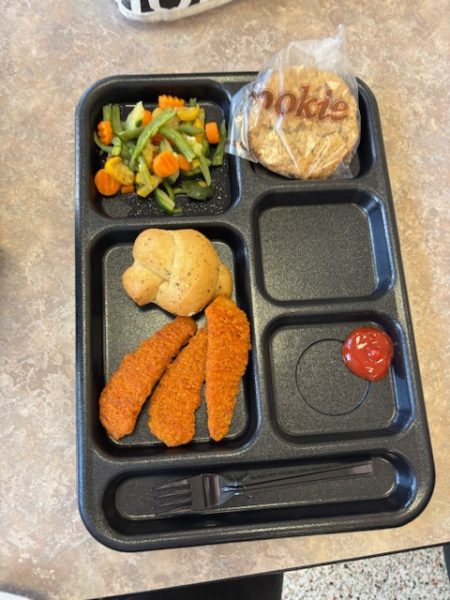
After a few weeks of dejection after the news that reusable trays and utensils would not be possible in the foreseeable future, I was shocked with a great surprise this past week. When I arrived in the cafeteria for lunch on Monday, I was ecstatic to see students holding hard reusable trays! I was overcome with joy that our conversation with Mr. Meendering brought such quick results. I asked one of the lunchroom staff if this would be a permanent change, and she seemed to share my excitement when she told me that they recently made changes within the staff that allow them to put the dishwasher back in rotation.
The addition of recycling bins at Dowling is such a benefit to the school. It is a small step that will hopefully have an impact on our immediate environment. If respected by students and staff, Dowling will now be much more successful in recycling papers and plastics. Additionally, the disposable dilemma of lunchroom trays is amazing news for Dowling. APES students are happy that their efforts in the classroom for reusable trays and utensils have resulted in restoration.

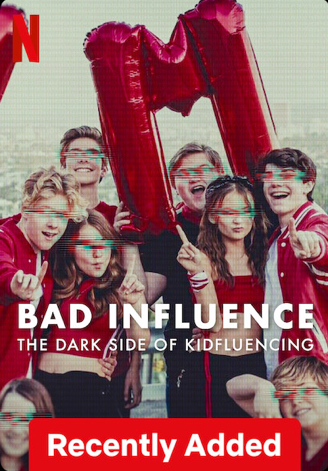
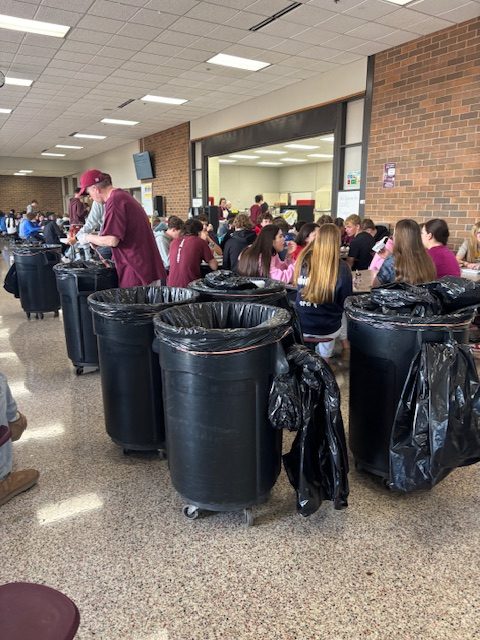



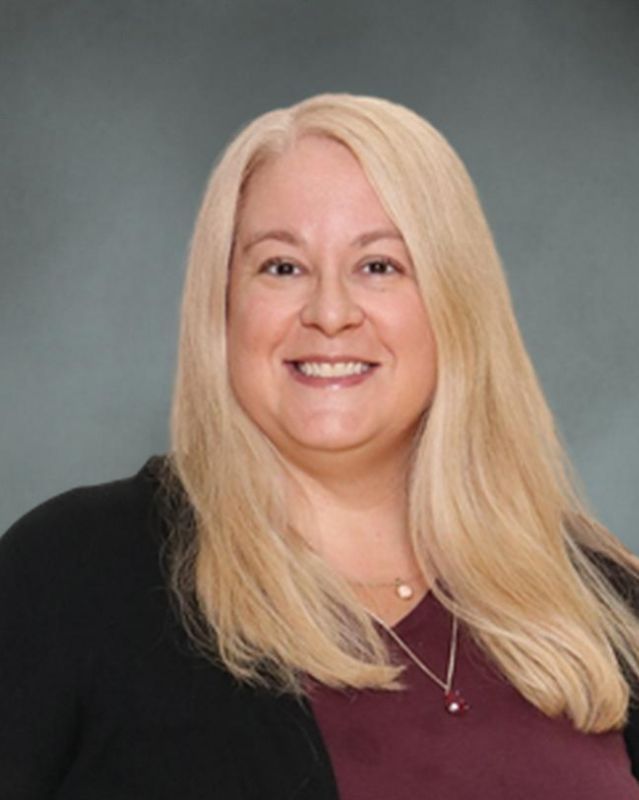
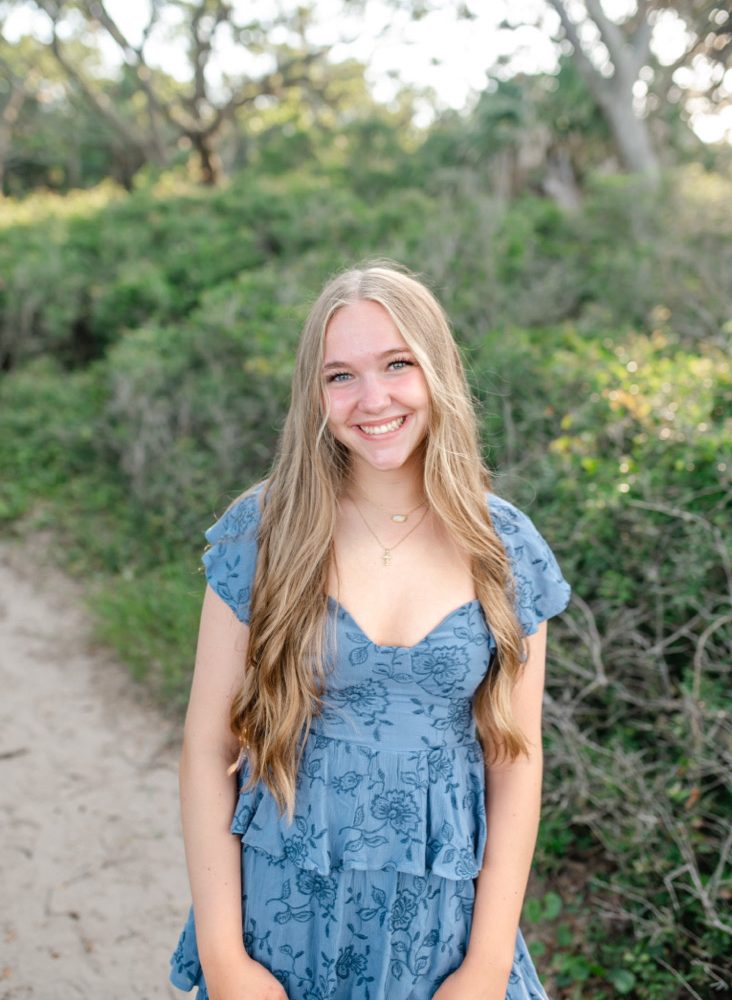
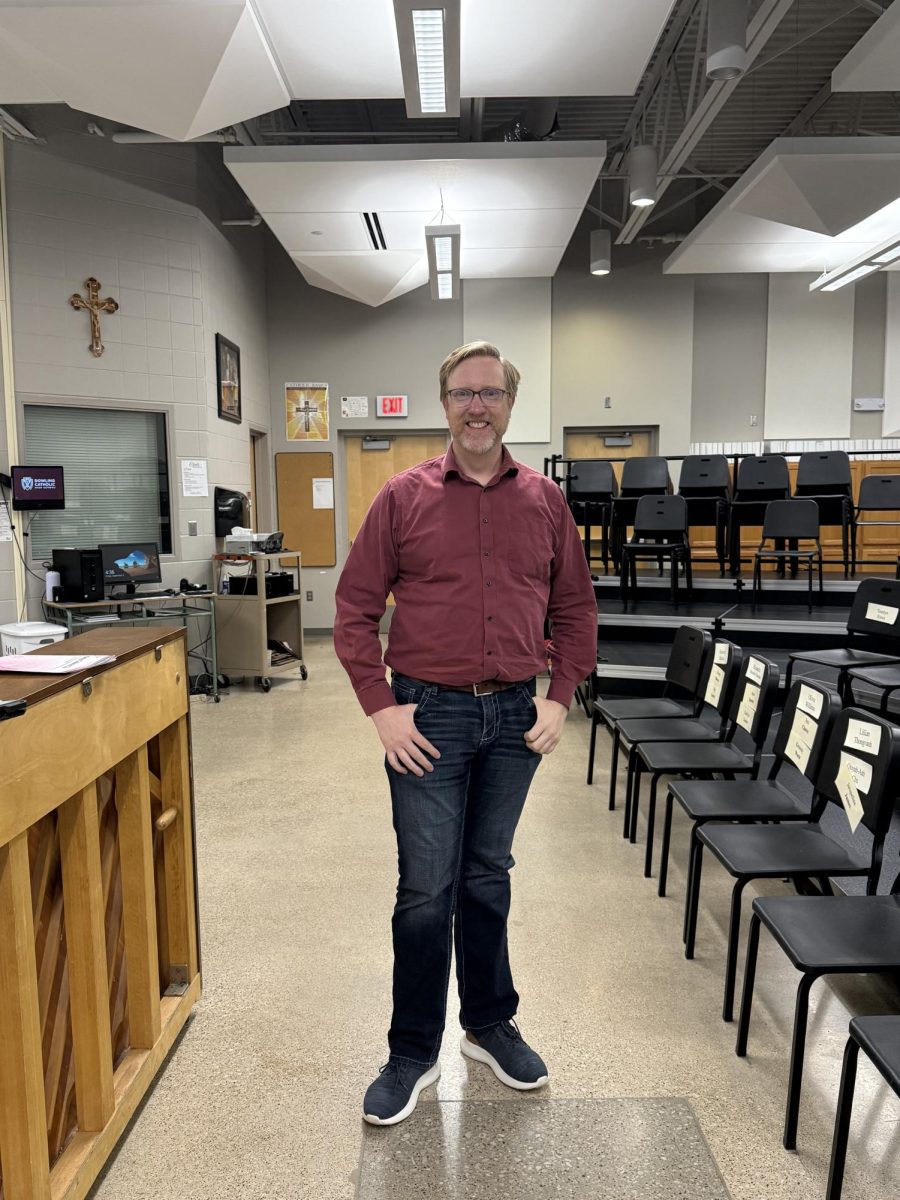
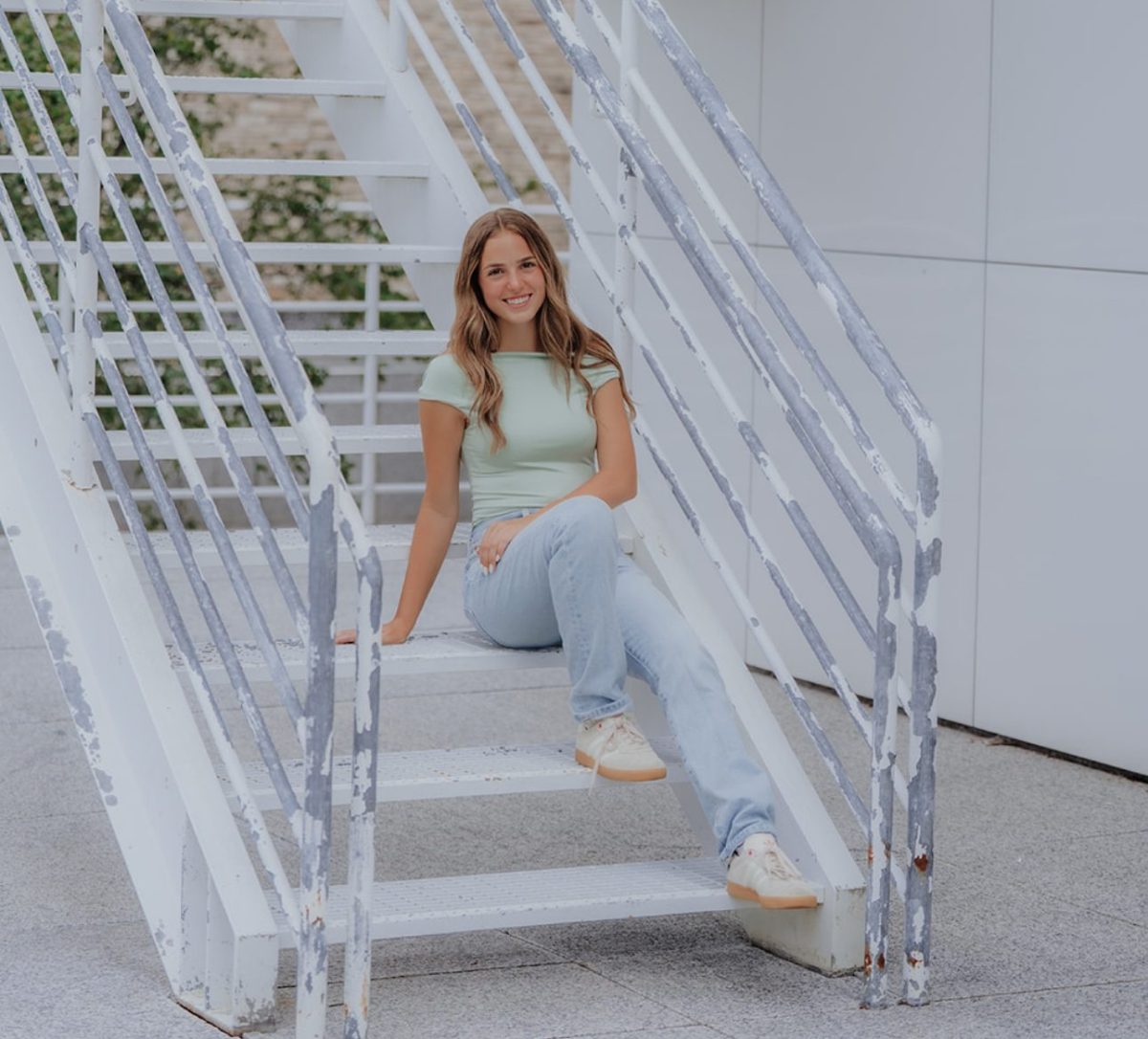
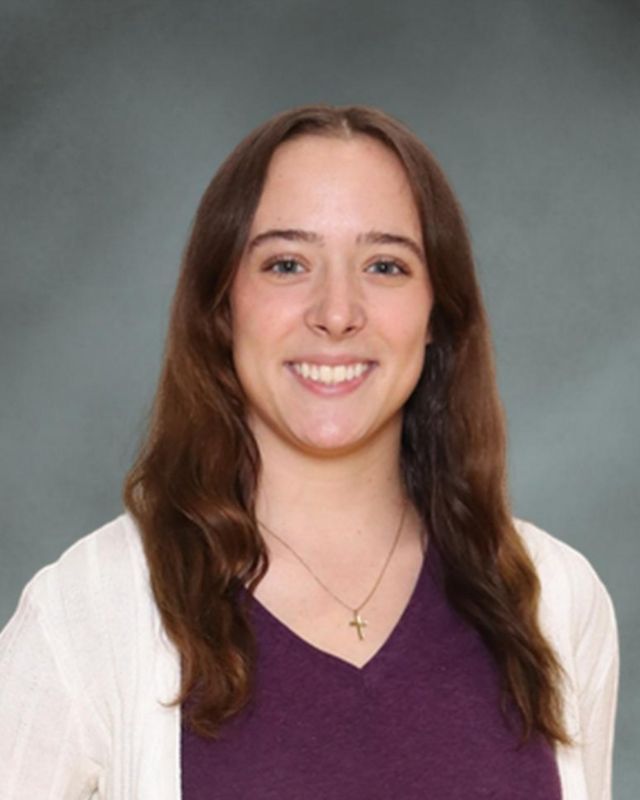
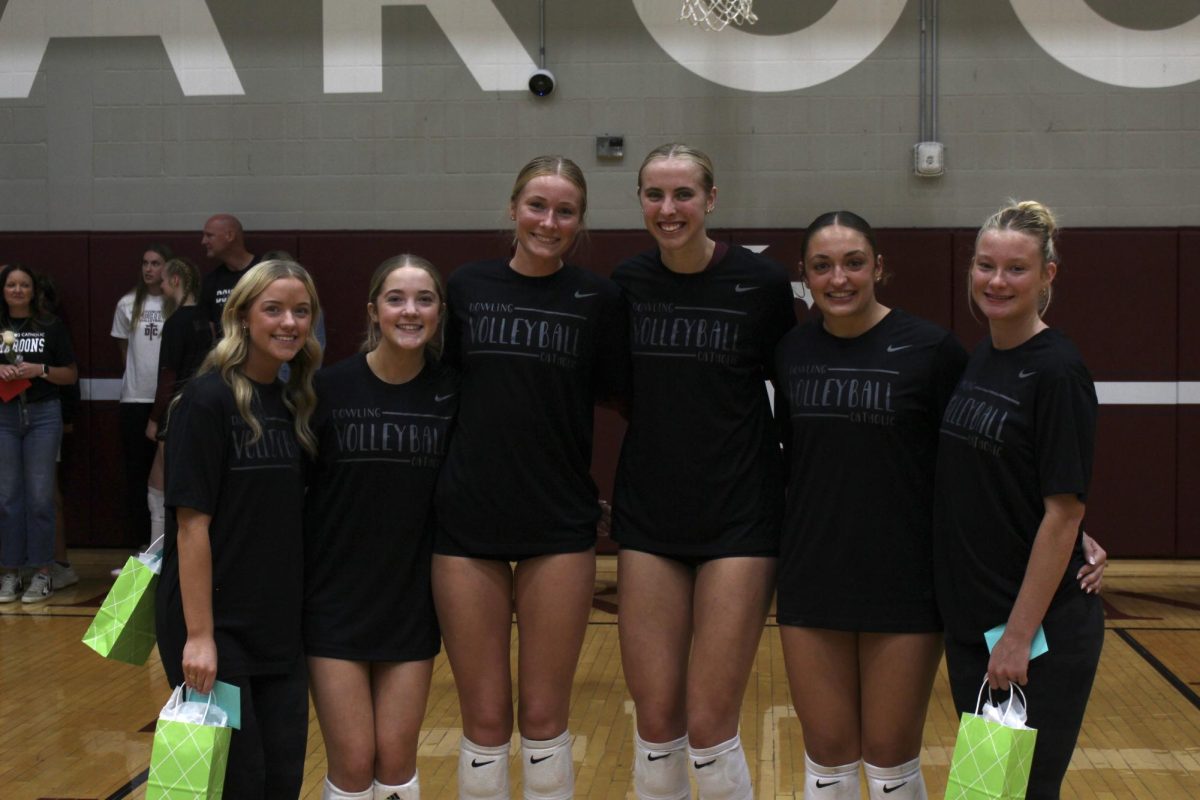


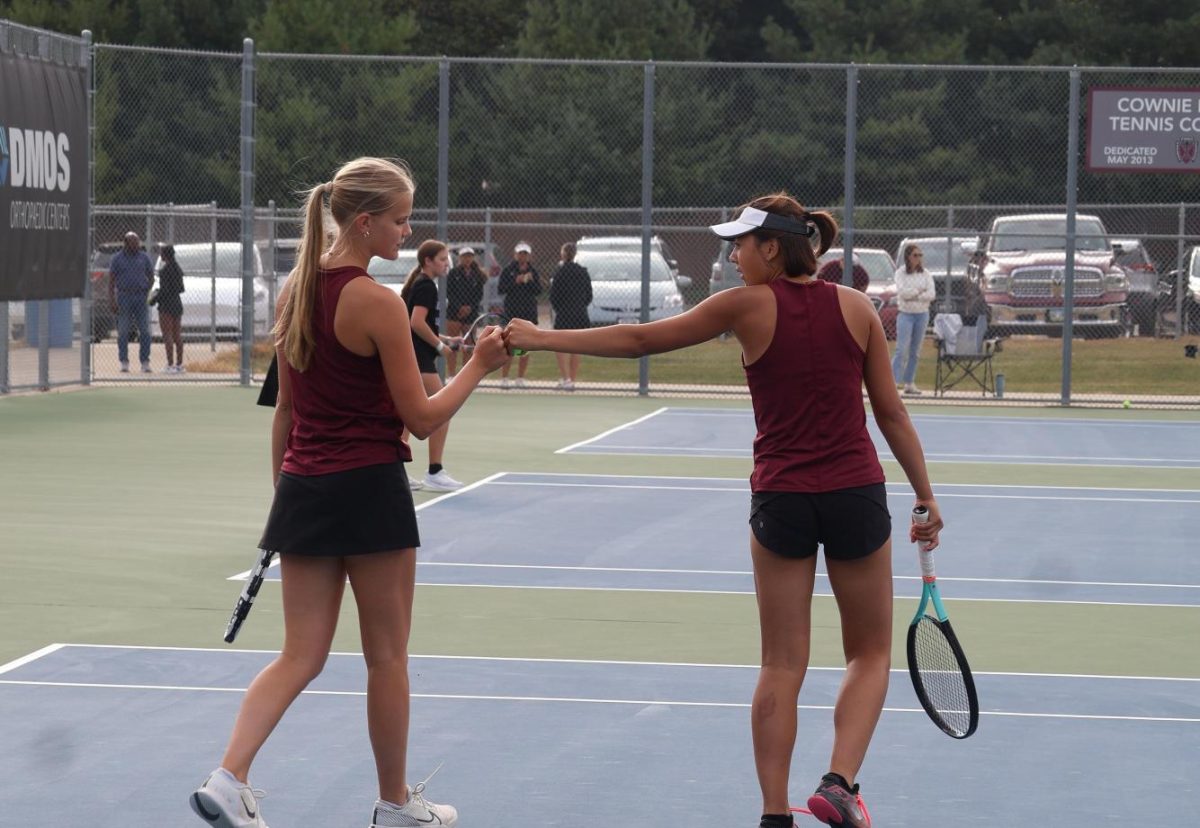


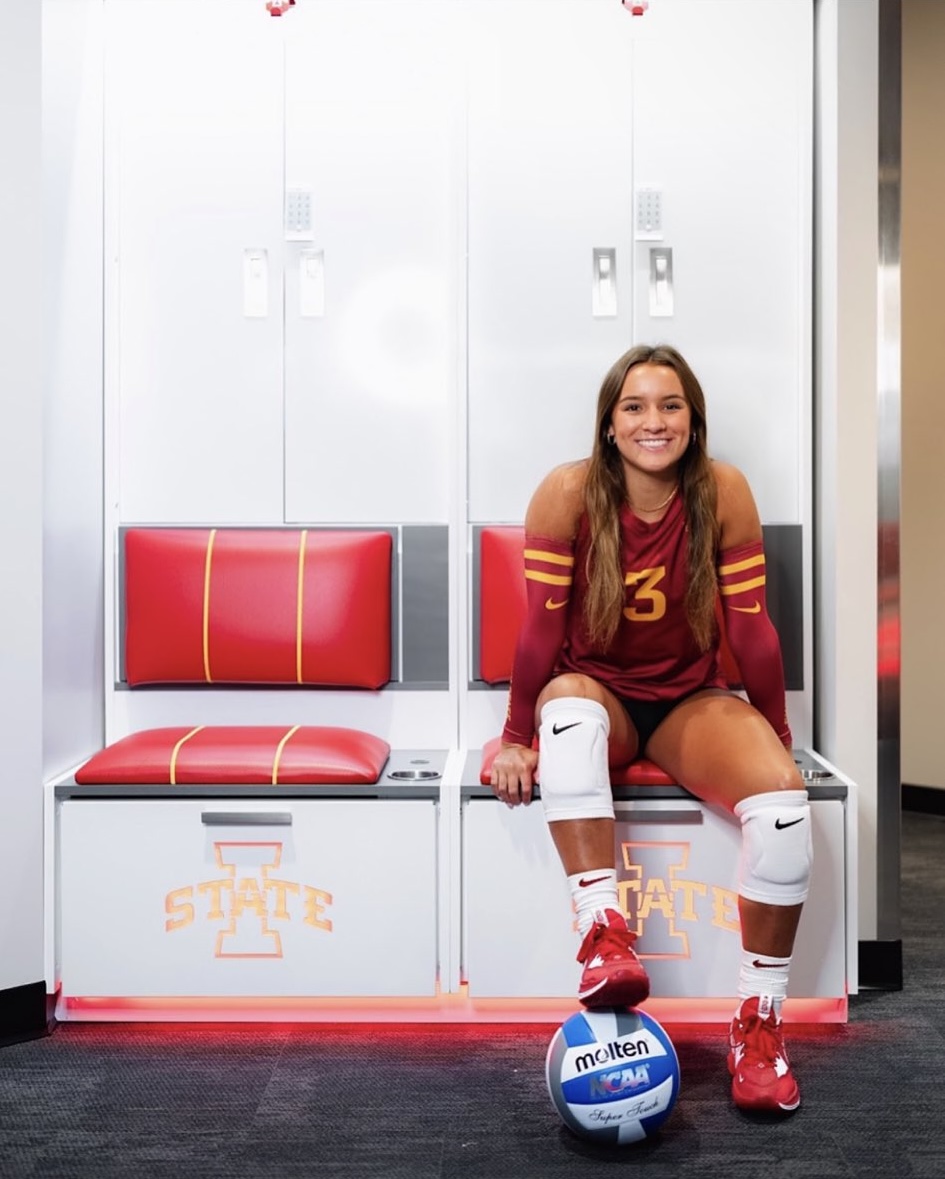

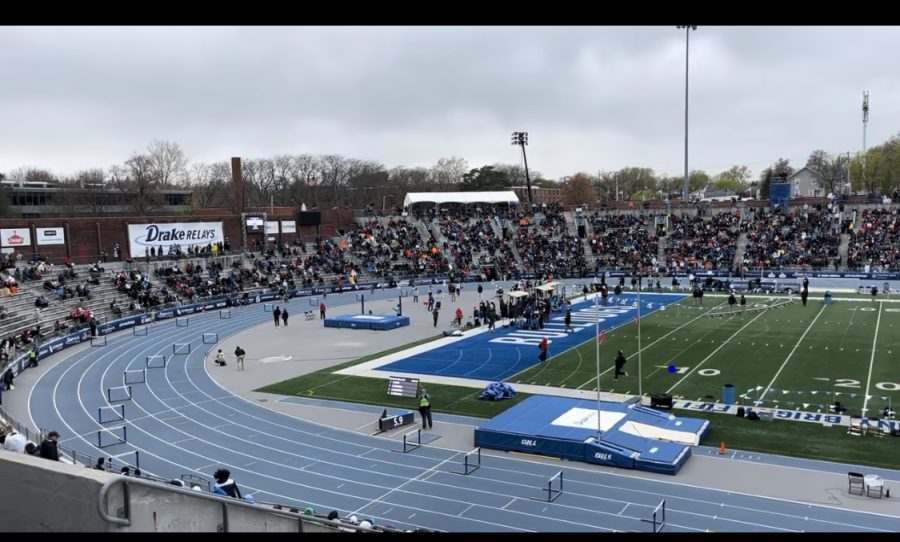
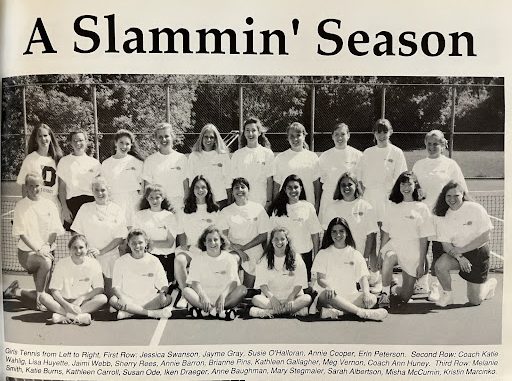

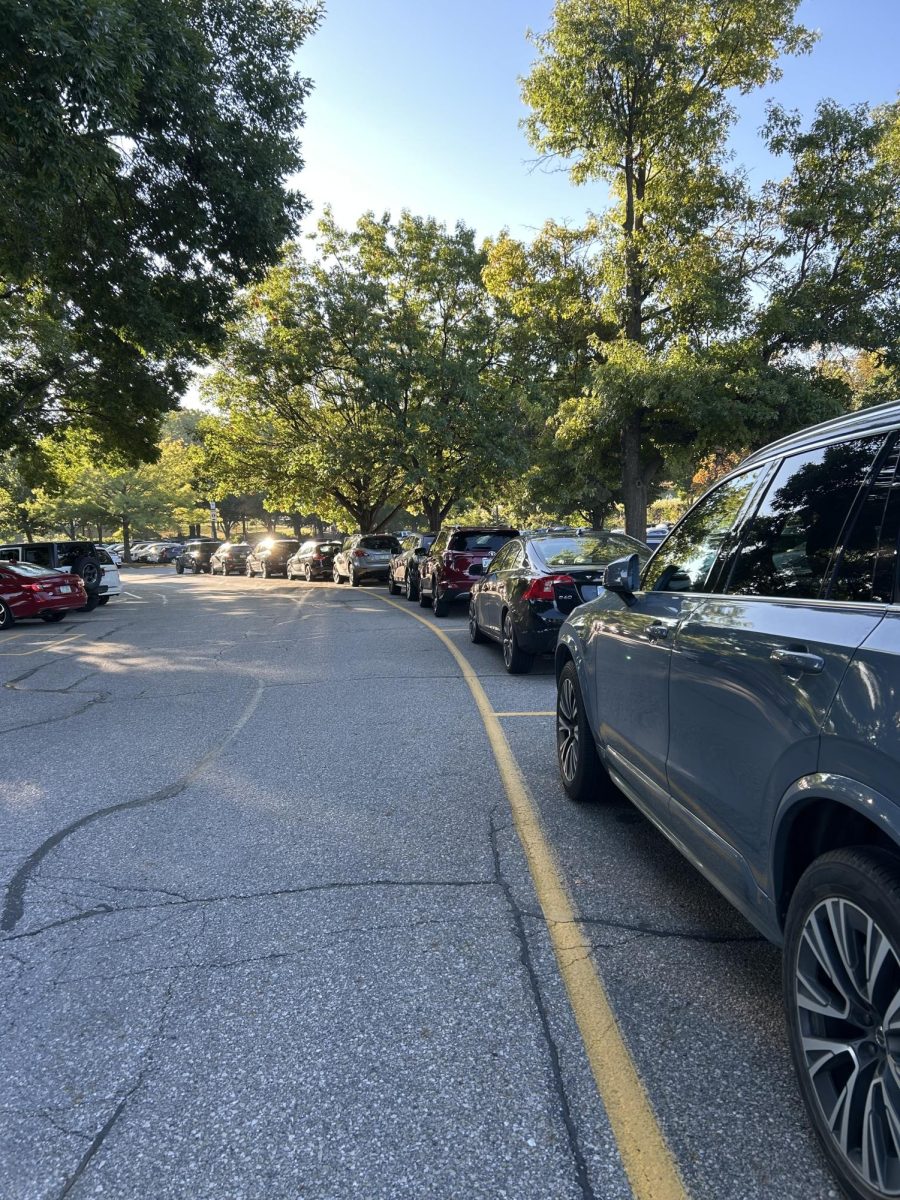
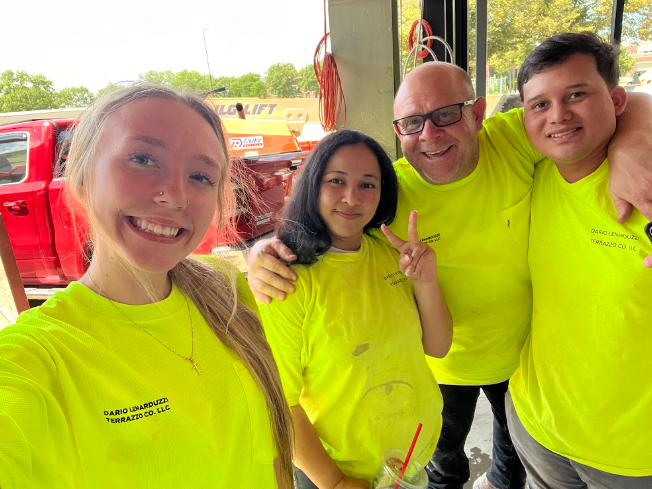
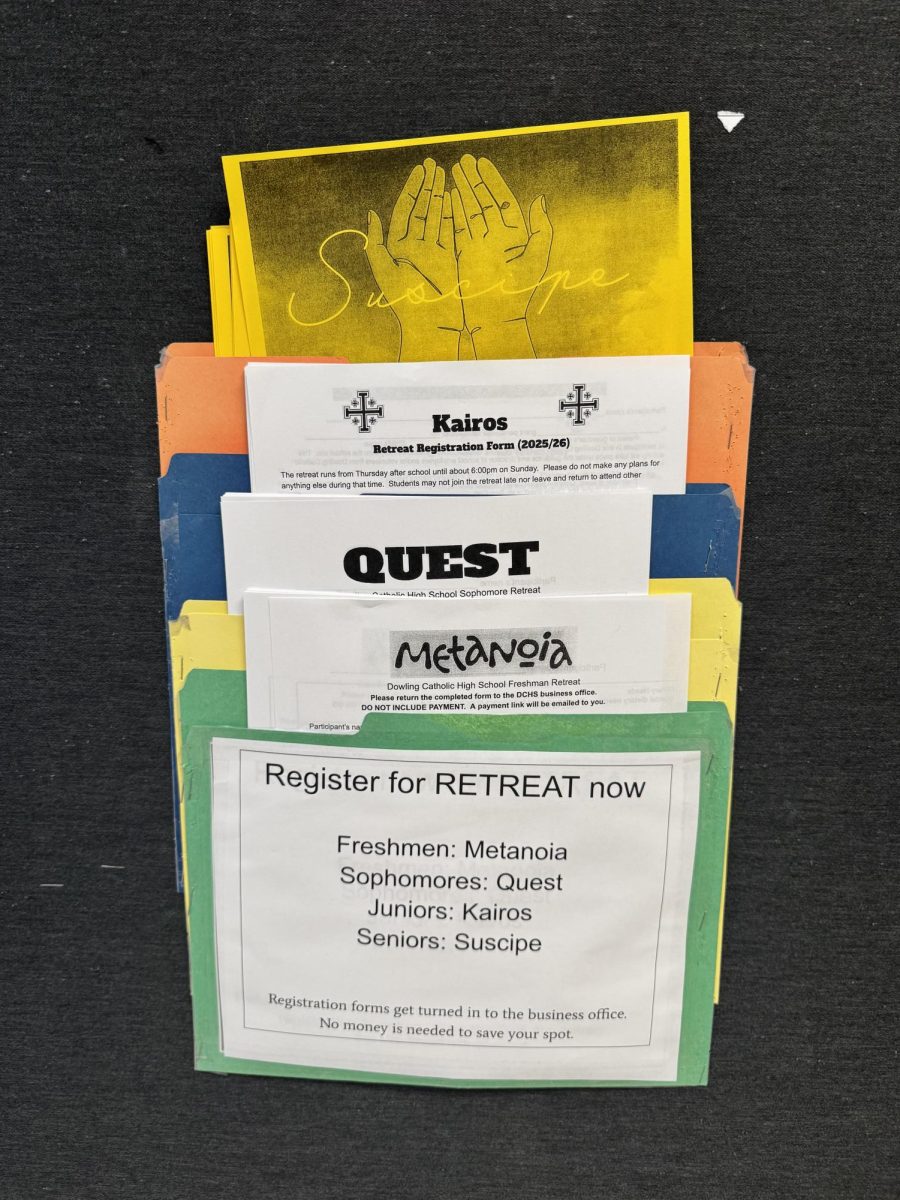
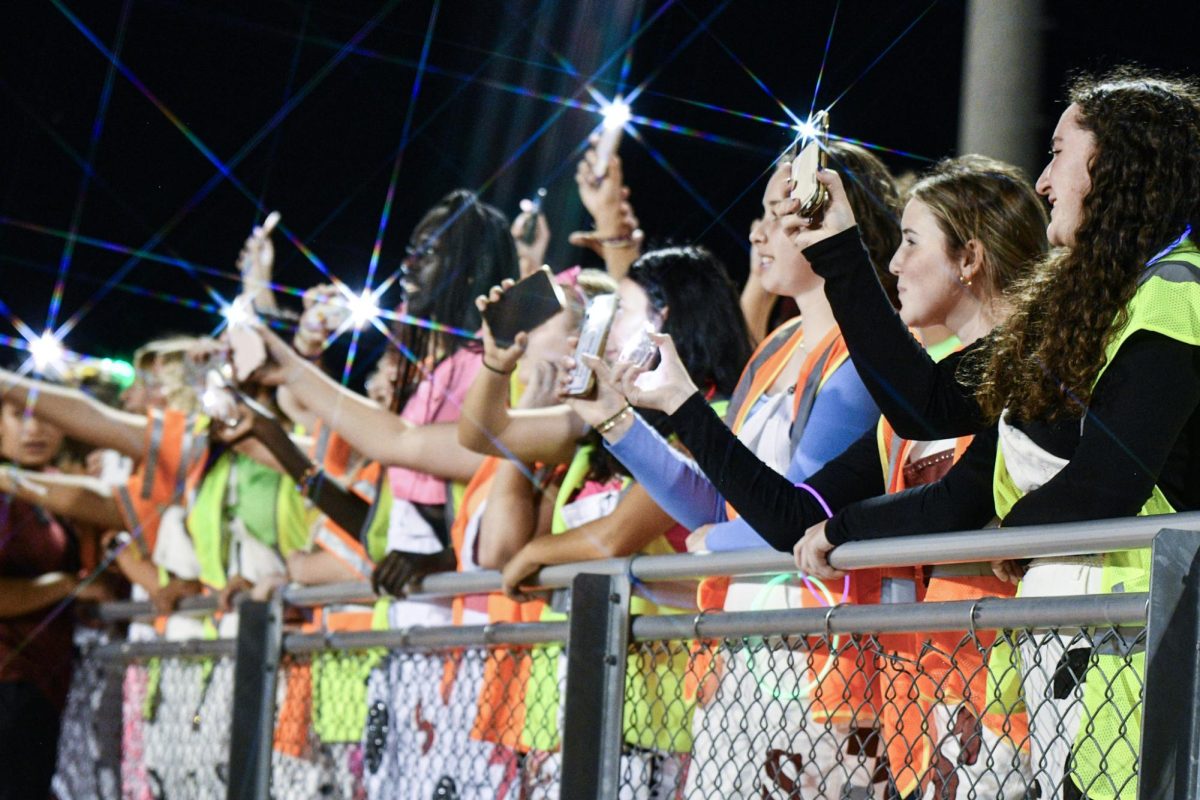
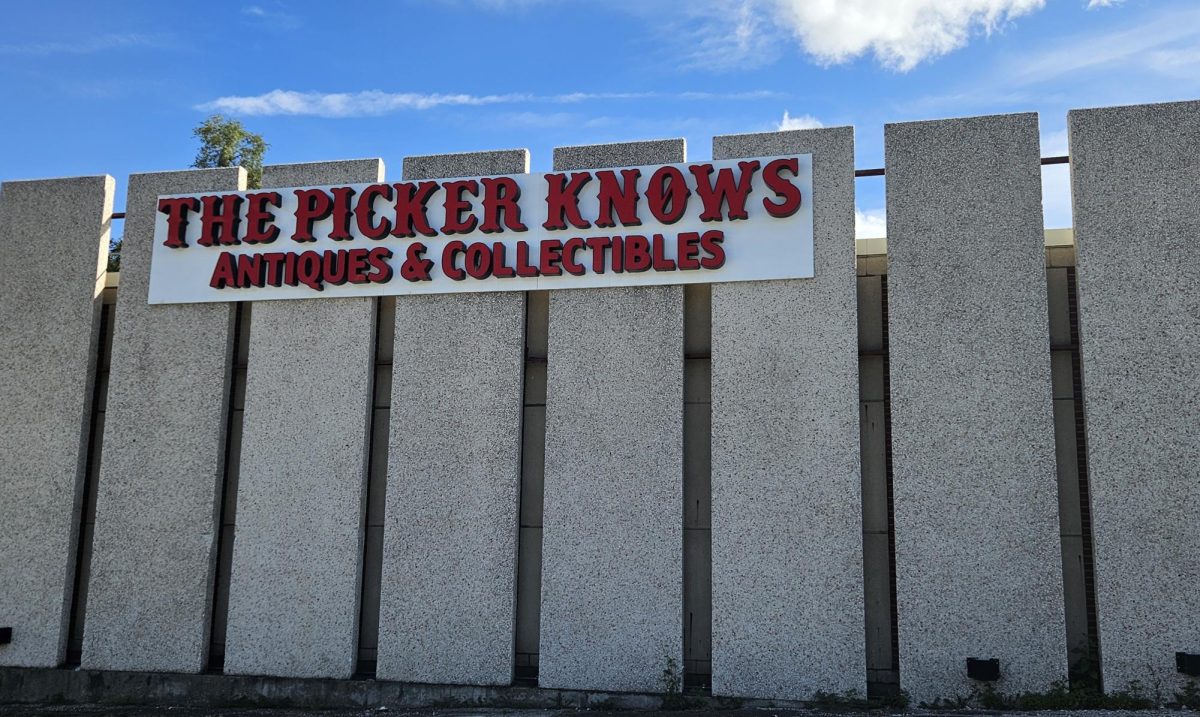
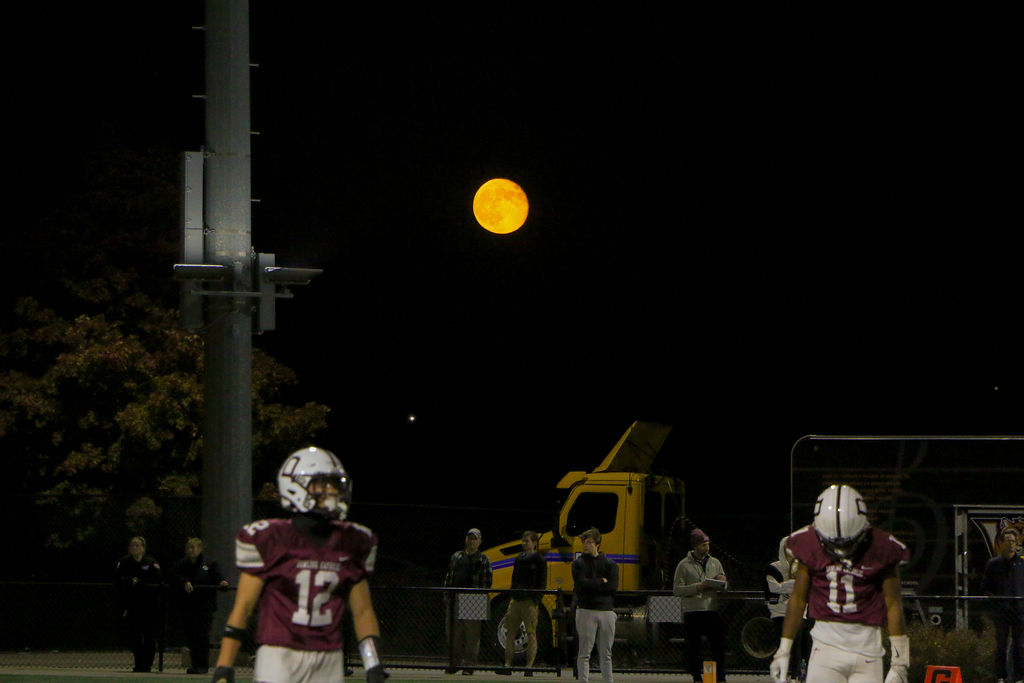
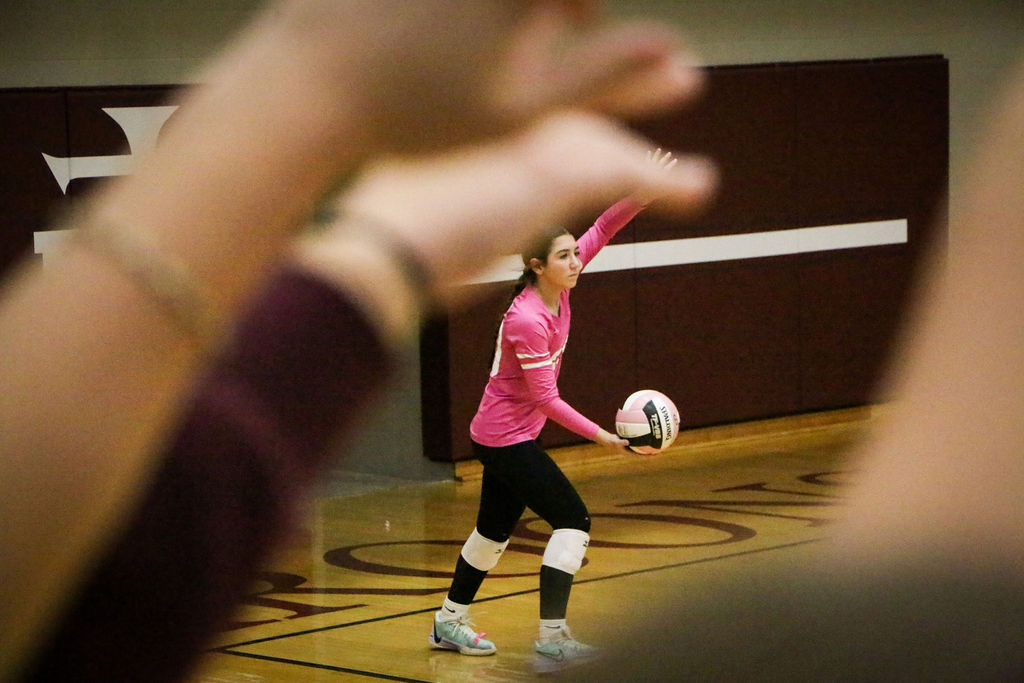





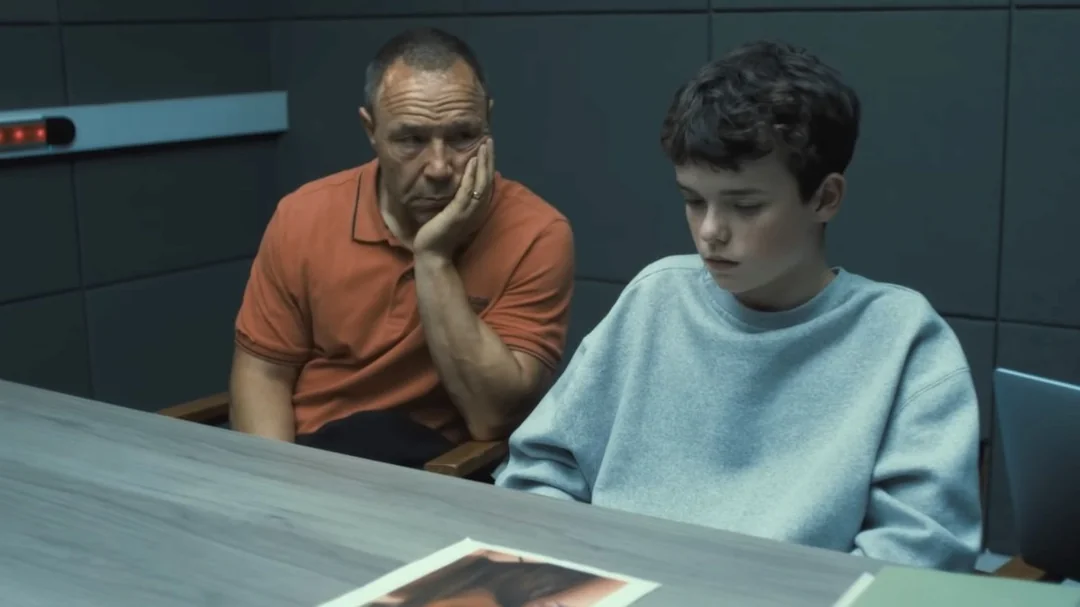
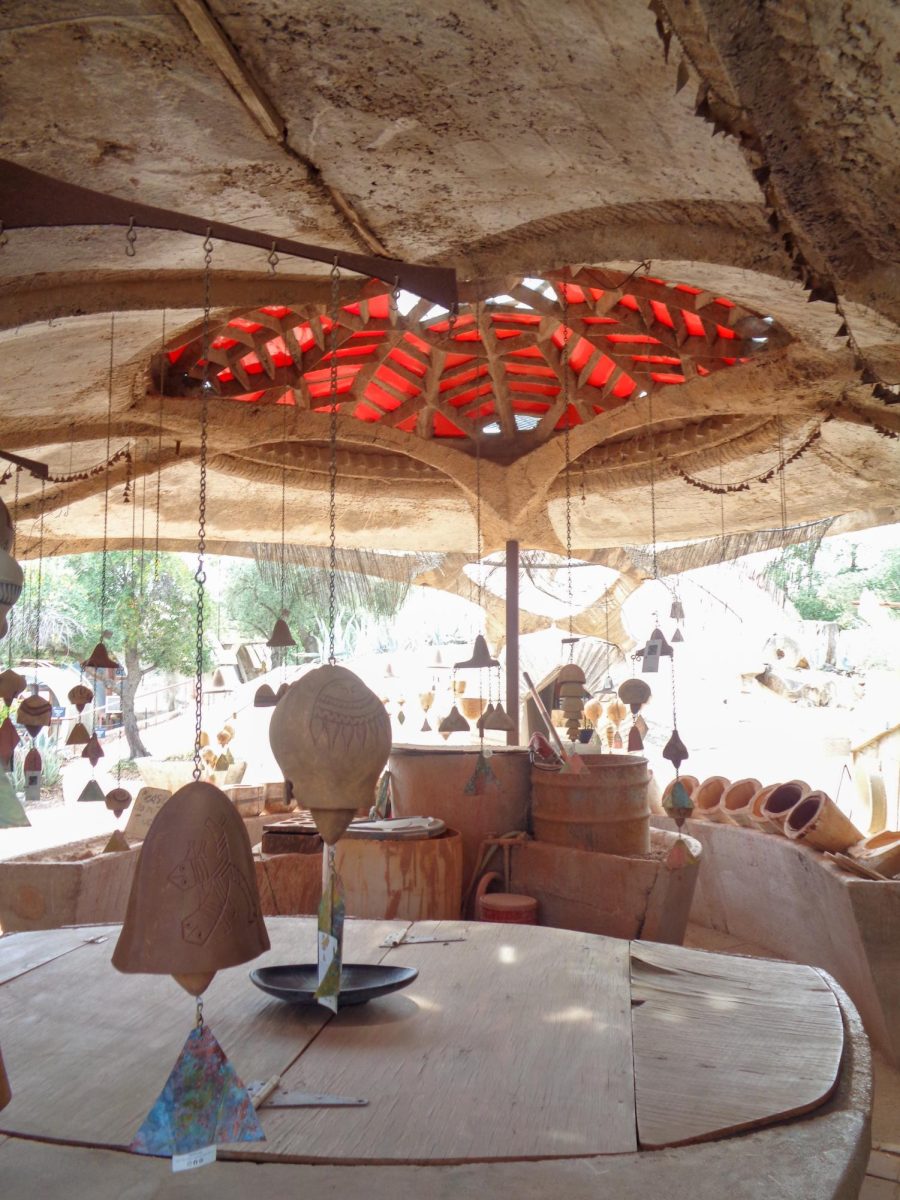


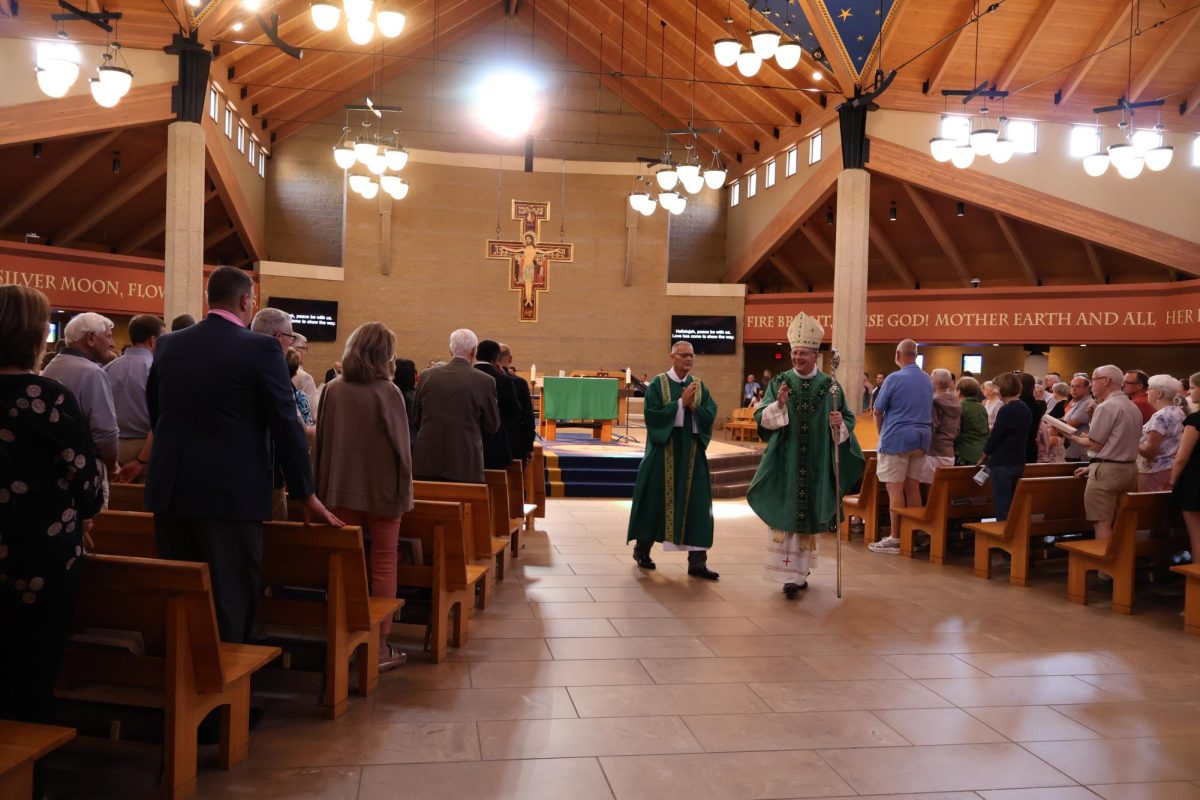




Mariel • Apr 7, 2025 at 8:31 am
Love this story! Shows what can happen when you advocate for change.